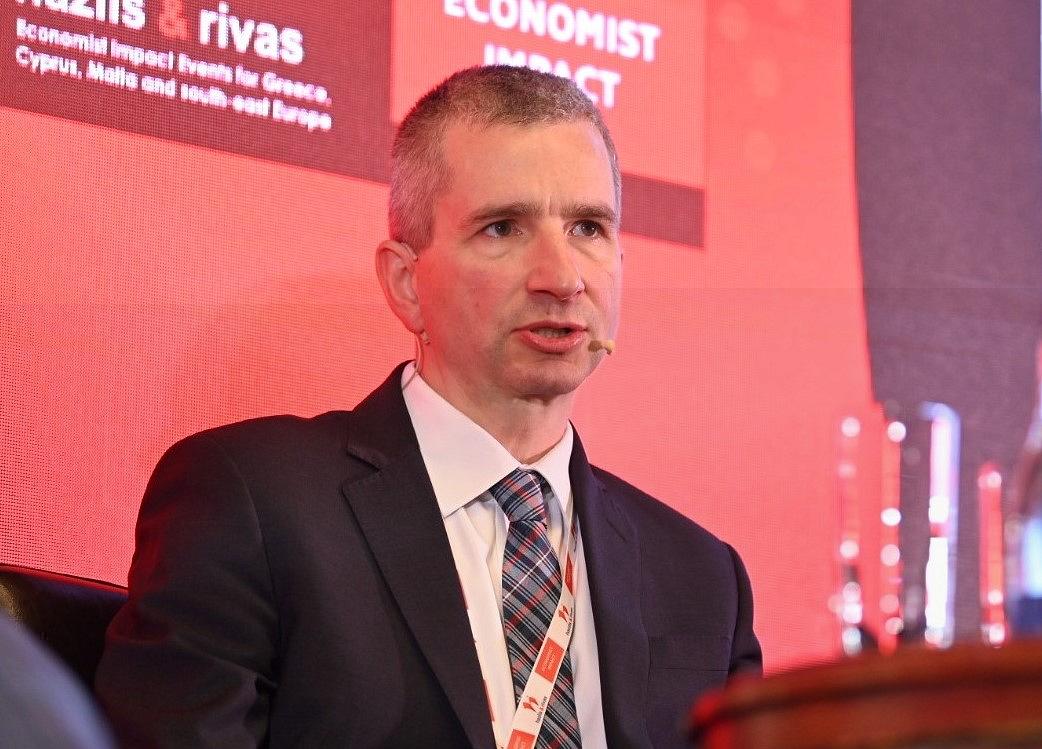Romania’s deficit adjustment path to set the tone for new EU fiscal framework, EBRD economist says



How the European Council and European Commission handle Romania’s deficit adjustment path will set the tone for how other EU countries relate to the Union’s fiscal rules, said Mateusz Szczurek, lead EU economist at the European Bank for Reconstruction and Development.
Present at The Economist’s Fourth Romanian Business & Investment Roundtable, held on April 3-4 in Bucharest, Szczurek argued that the EU is in the process of reformulating its fiscal framework and that the new one will be in operation starting in mid-2024 or 2025. The new framework will come with rules regarding excessive deficits, the money that governments spend above what they receive in taxes and other revenues.
The EBRD economist highlighted that Romania is at the center of Europe in this regard and that its case is being watched by other EU member states. He also said that the EU-made rules regarding deficits are much easier to ignore nowadays than a decade ago.
“Romania is the only country in the EU under an excessive deficit procedure. How the adjustment path of Romania is treated, or the lack of effective action by the Commission and Council, will influence the approach of other governments to the new rules as well. My hypothesis is that there is a tendency to ignore the rules, whatever they are,” Szczurek argued.
According to the economist, when all else fails, a potential market pressure is the only mechanism that reminds voters and policymakers of the importance of fiscal sustainability. “Without it, the motivation is not there. [...] The crisis, when it comes, is going to be bigger and far more destructive. The approach in the spring package is going to be important for the entire Europe,” he said.
“Increasing wage costs is a fact of life. We have to use it to our advantage. We want wages to be higher, and it's important to allow jobs to move to higher value wages and industries, so the key is not to preserve the employment of the past but to allow it to move to industries of the future,” he concluded.
Aside from his role at the EBRD, Mateusz Szczurek is also part of the European Fiscal Board, an independent advisory body of the European Commission. The Board evaluates the implementation of the EU fiscal framework and makes suggestions at the EU and national levels. Szczurek was also the Polish Minister of Finance in the governments of successive prime ministers Donald Tusk and Ewa Kopacz from 2013 to 2015 and was ING Bank’s chief economist for Central and Eastern Europe.
During The Economist’s Fourth Romanian Business & Investment Roundtable, Szczurek was on the “Financial and economic prospects for Europe in an environment of heightened uncertainty” panel, along with Romanian finance minister Marcel Bolos and CITR CEO Paul Dieter-Cîrlănaru.
(Photo source: Economist Impact Events for Greece, Cyprus, Malta and southeast Europe on Facebook)